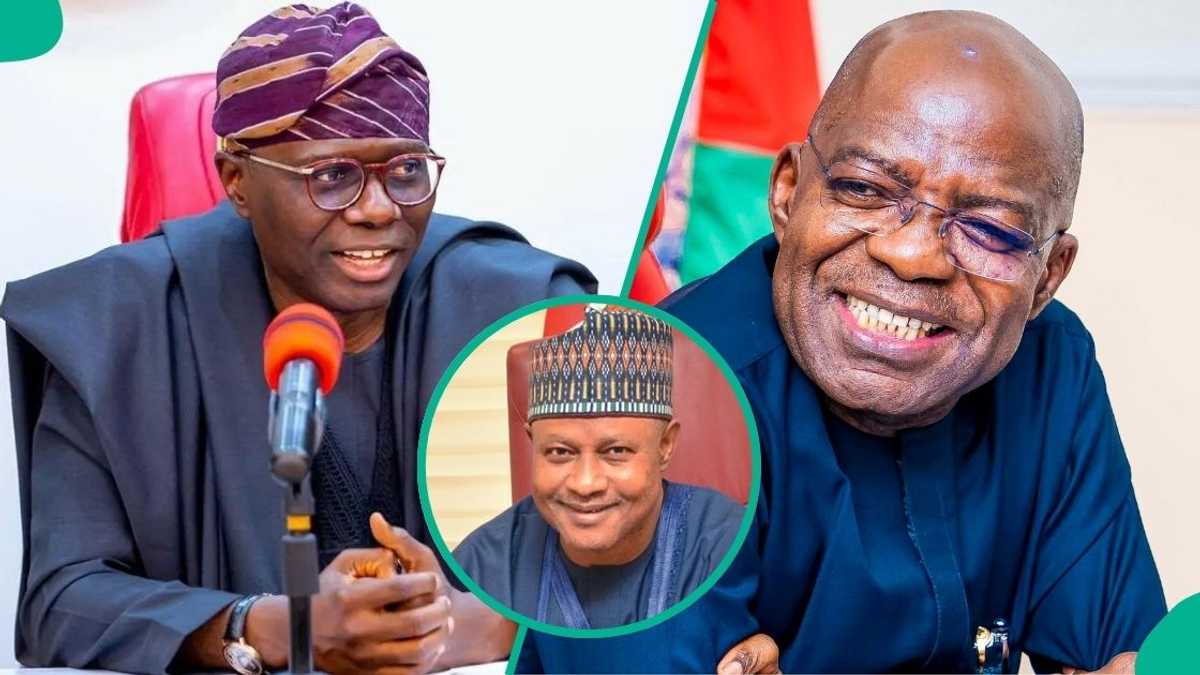
A Stark Revelation of Excessive Spending by Nigerian Governors
A recent report has revealed a staggering ₦79.97 billion spent by 29 Nigerian governors on domestic and international travel between January and June 2025. This figure has sparked widespread outrage among citizens and experts, who view the expenditure as a symbol of fiscal irresponsibility and misplaced priorities.
The data shows that this amount represents a 14.7% increase compared to the ₦69.71 billion spent during the same period in 2024. The growing concern is not just about the sheer volume of money being spent, but also the lack of tangible returns on these expenditures.
Few Beneficiaries, Many Spenders
While some governors justify these trips as efforts to attract foreign investment and foster partnerships, the results do not support this claim. According to the National Bureau of Statistics (NBS), 31 states failed to attract any capital inflow in Q1 2025. Only six states—FCT, Lagos, Ogun, Oyo, Kaduna, and Kano—recorded capital importation in the first quarter.
The FCT led with $3.05 billion, while Lagos trailed with $2.56 billion. In contrast, many of the largest spenders had no capital inflow to justify their massive travel expenses. Lagos topped the spending list with ₦6.23 billion, followed closely by Osun (₦6.21bn), Kano (₦5.58bn), Taraba (₦5.22bn), and Bayelsa (₦3.78bn). Ekiti, Borno, Yobe, and Edo were also among the highest spenders, each committing over ₦3.5 billion to travel-related costs.
South-West Governors Lead the Spending Chart
According to a report by Punch, the South-West geopolitical zone emerged as the biggest spender, accounting for nearly ₦20 billion, or 25%, of the total travel bill. This is despite only four out of the six states in the region releasing full expenditure data. The North-West followed with ₦17.58 billion, and the North-East recorded ₦13.92 billion.
Ironically, many states that spent the least, such as Katsina (₦548m), were also unable to attract any foreign investment, raising concerns about both spending efficacy and governance strategy.
Public Accountability Under Fire
Out of Nigeria’s 36 states, only 26 have published both Q1 and Q2 financial records. The lack of transparency from others—including Akwa Ibom, Enugu, Ogun, and Rivers—has sparked further calls for open governance and accountability. Experts argue that state assemblies have failed to provide effective oversight, giving governors a free hand to spend public funds with little scrutiny.
“The cost of governance at the state level is unsustainable,” said Prof. Segun Ajibola of Babcock University. “The people at the grassroots are not seeing any benefit.”
Calls for a Shift in Priorities
President Bola Tinubu has urged governors to redirect spending towards real development. He emphasized rural electrification, mechanized agriculture, poverty reduction, and school feeding as areas needing urgent attention. “Let us change the story of our people in the rural areas,” he appealed.
Economic experts, including Muda Yusuf and Prof. Jonathan Aremu, echoed this view. They warned that travel-focused spending without visible returns in investment or development would only deepen inequality and disillusionment. “Investors want stability, infrastructure, and predictability,” Aremu stressed. “Most states just don’t offer that.”
The ₦80 billion travel splurge may have bought first-class tickets and hotel stays—but for millions of Nigerians, it’s costing their future.
Delta State Leads Oil Production in Nigeria
Delta state has cemented its place as Nigeria’s most productive oil state, according to fresh data from the Nigerian Upstream Petroleum Regulatory Commission (NUPRC). Covering the period from November 2023 to September 2024, the report shows that Delta alone produced a staggering 99.9 million barrels of crude oil and condensate, the highest output by any state during the period. This volume represents more than one-third of Nigeria’s total attributed production of 295.34 million barrels.
